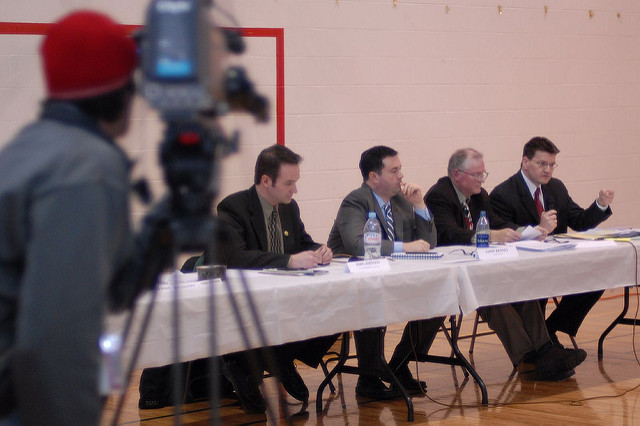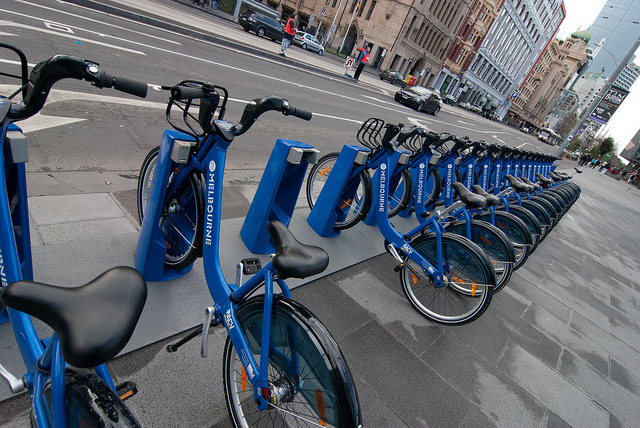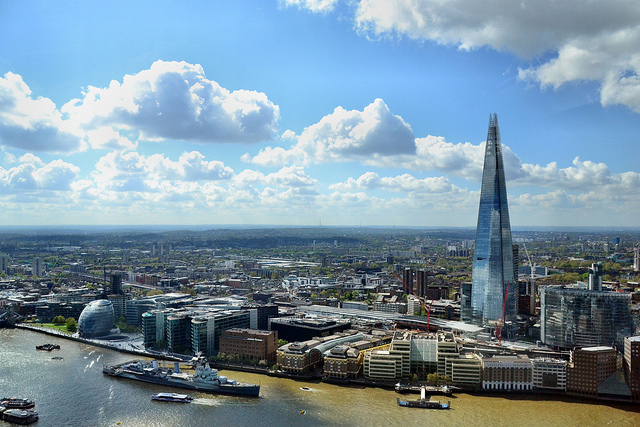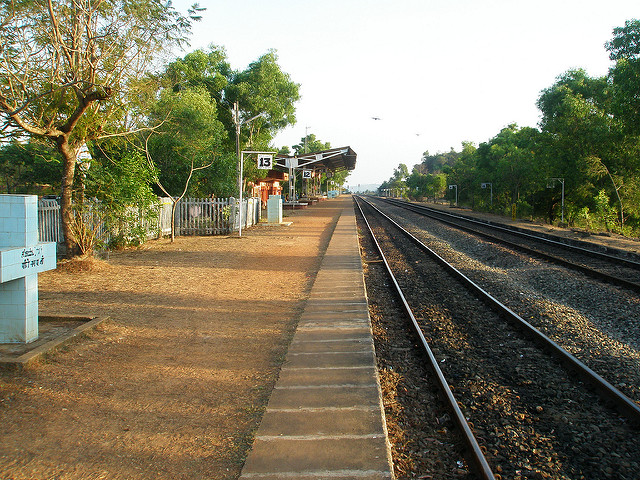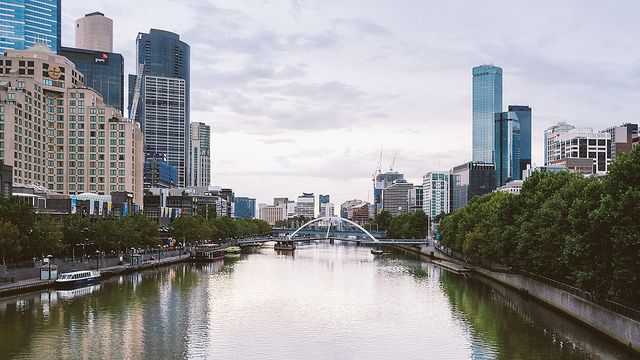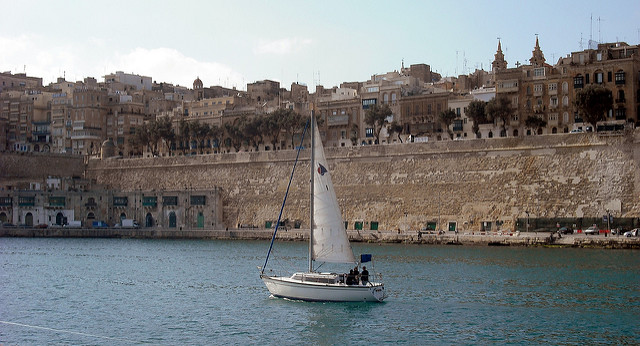Topical:
Immigration news
The European Union Blue Card allows entry of highly skilled migrants to work in an EU Country. The Blue Card is the EU's bid to attract highly skilled workers; The EU hopes that the EU Blue Card scheme will enable the EU to compete effectively against the US, Canada, Australia and New Zealand for skilled migrants.
The UK Border Agency announced on Friday additional documentation requirements for Tier 2 visa applicants applying for indefinite leave to remain; Tier 2 applicants will now be required to furnish proof from their employers and sponsors that they are paid at a high salary under Tier 2 visa.
During an annual tourism conference, Indian Tourism Minister Subodh Kant Sahai urged other countries to make their visa regulations more tourist-friendly.
The three day annual conference of tourism ministers was held in Paris this past week. The UN World Tourism Organization, who hosts the meeting each year, invites tourism ministers from each of the G-20 countries to confer on tourism strategies and economic issues.
In the past year there has been a 50 percent increase in demand by employers to sponsor and hire more skilled overseas IT workers on temporary 457 visas, according to the recent annual report released by Australia's Department of Immigration and Citizenship.
Subclass 457 visas are temporary visas that allow foreign workers to stay and work in the country for up to four years.
The European Commission has said that six European Union Member States had not complied with the Blue Card rules and had failed to implement the scheme by the deadline.
According to the Commission's press release, by not complying with EU rules, several Member States are making it too hard for highly skilled people to come to the EU for work. The Commission formally requested 6 Member States to comply with the rules of the Blue Card Directive, whose deadline for implementation expired on 19 June 2011.
